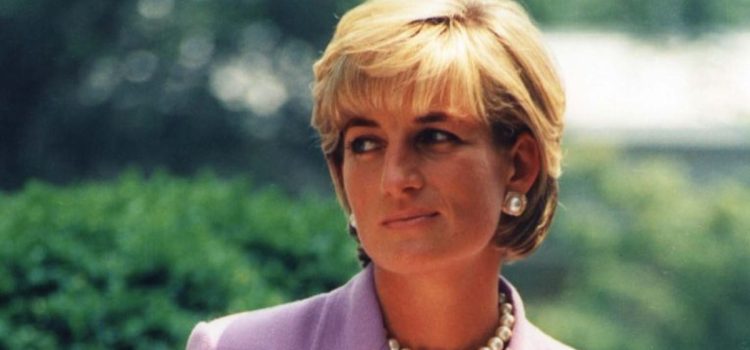
What was it like for Princess Diana to live under constant surveillance? How did she try to carve out moments of privacy in a life that belonged to everyone else?
In his book Diana, Ken Wharfe reveals intimate details about Diana’s complex relationship with privacy and public life. As her former protection officer, Wharfe witnessed firsthand her desperate attempts to escape public scrutiny, from a daring balcony leap to carefully negotiated photo deals.
Read on to learn the untold story of Diana’s privacy struggles and the personal toll of living life in the spotlight.
Image credit: John Mathew Smith and celebrity-photos.com from Laurel Maryland, USA, via Wikimedia Commons (License); Changes made: Cropped
Diana’s Longing for Privacy
For Princess Diana, privacy was a prized but elusive possession. Throughout his book Diana, Wharfe chronicles Diana’s quest for genuine connections and her desire for privacy amidst the unyielding scrutiny of the media spotlight.
Wharfe frequently explores Diana’s yearning for a normal existence away from the public eye, detailing her sometimes impulsive decisions that put her safety at risk. On one occasion, she leaped from a hotel balcony in Lech, Austria. Wharfe argues that this reckless act stemmed from her desperate need to escape the constant surveillance that came with her royal status.
(Shortform note: Diana’s complex relationship with security protocols and royal customs presents multiple perspectives worth considering. While she often preferred minimal security detail, this choice could be interpreted as a natural desire for normalcy and privacy rather than a cavalier attitude toward her own safety.)
Wharfe also describes Diana’s frustration with paparazzi who followed her even to private retreats such as Necker Island during holidays. There, she negotiated photography sessions in exchange for privacy. Through these anecdotes, Wharfe illustrates the personal toll of fame and Diana’s desperate attempts to find moments of peace.
Wharfe examines Diana’s troubled relationship with the media, emphasizing her sense of betrayal and exasperation with their relentless pursuit. Wharfe describes her profound distress over their harassment, including incidents such as the intrusion at the Cairo swimming pool. He details her frustration over the public release of private phone conversations and the constant examination of her personal life. While Diana understood the media’s influence, Wharfe argues that she deeply resented their intrusive behavior, especially concerning her children. He maintains that this persistent media scrutiny significantly impacted her mental health and intensified her desire to seek refuge.
(Shortform note: Some might argue that the paparazzi were simply doing their job, albeit excessively at times. The dissemination of confidential conversations, while ethically questionable, could be argued as being in the public interest if they revealed aspects of her life that impacted her public duties.)






